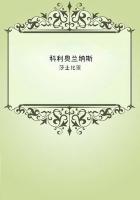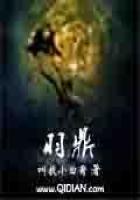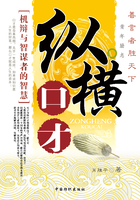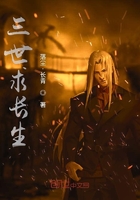Somehow the other boys and even Meggie had never intruded on his thoughts the way Hal did; but when Fee's waistline began to swell this time, he was old enough himself to be married and a father. Everyone except little Meggie had been uncomfortable about it, his mother especially. The furtive glances of the boys made her shrink like a rabbit; she could not meet Frank's eyes or quench the shame in her own. Nor should any woman go through that, Frank said to himself for the thousandth time, remembering the horrifying moans and cries which had come from her bedroom the night Hal was born; of age now, he hadn't been packed off elsewhere like the others. Served Daddy right, losing his shed. A decent man would have left her alone. His mother's head in the new electric light was spun gold, the pure profile as she looked down the long table at Paddy unspeakably beautiful. How had someone as lovely and refined as she married an itinerant shearer from the bogs of Galway? Wasting herself and her Spode china, her damask table napery and her Persian rugs in the parlor that no one ever saw, because she didn't fit in with the wives of Paddy's peers. She made them too conscious of their vulgar loud voices, their bewilderment when faced with more than one fork. Sometimes on a Sunday she would go into the lonely parlor, sit down at the spinet under the window and play, though her touch had long gone from want of time to practice and she could no longer manage any but 78 the ******st pieces. He would sit beneath the window among the lilacs and the lilies, and close his eyes to listen. There was a sort of vision he had then, of his mother clad in a long bustled gown of palest pink shadow lace sitting at the spinet in a huge ivory room, great branches of candles all around her. It would make him long to weep, but he never wept anymore; not since that night in the barn after the police had brought him home. Meggie had put Hal back in the bassinet, and gone to stand beside her mother. There was another one wasted. The same proud, sensitive profile; something of Fiona about her hands, her child's body. She would be very like her mother when she, too, was a woman. And who would marry her? Another oafish Irish shearer, or a clodhopping yokel from some Wahine dairy farm? She was worth more, but she was not born to more. There was no way out, that was what everyone said, and every year longer that he lived seemed to bear it out.
Suddenly conscious of his fixed regard, Fee and Meggie turned together, smiling at him with the peculiar tenderness women save for the most beloved men in their lives. Frank put his cup on the table and went out to feed the dogs, wishing he could weep, or commit murder. Anything which might banish the pain.
Three days after Paddy lost the Archibald shed, Mary Carson's letter came. He had opened it in the Wahine post office the moment he collected his mail, and came back to the house skipping like a child. "We're going to Australia!" he yelled, waving the expensive vellum pages under his family's stunned noses.
There was silence, all eyes riveted on him. Fee's were shocked, so were Meggie's, but every male pair had lit with joy. Frank's blazed. "But, Paddy, why should she think of you so suddenly after all these years?" Fee asked after she had read the letter. "Her money's not new to her, nor is her isolation. I never remember her offering to help us before."
"It seems she's frightened of dying alone," he said, as much to reassure himself as Fee. "You saw what she wrote: "I am not young, and you and your boys are my heirs. I think we ought to see each other before I die, and it's time you learned how to run your inheritance. I have the intention of ****** you my head stockman-it will be excellent training, and those of your boys who are old enough to work may have employment as stockmen also. Drogheda will become a family concern, run by the family without help from outsiders."
"Does she say anything about sending us the money to get to Australia?" Fee asked.
Paddy's back stiffened. "I wouldn't dream of dunning her for that!" he snapped. "We can get to Australia without begging from her; I have enough put by."
"I think she ought to pay our way," Fee maintained stubbornly, and to everyone's shocked surprise; she did not often voice an opinion. "Why should you give up your life here and go off to work for her on the strength of a promise given in a letter? She's never lifted a finger to help us before, and I don't trust her. All I ever remember your saying about her was that she had the tightest clutch on a pound you'd ever seen. After all, Paddy, it's not as if you know her so very well; there was such a big gap between you in age, and she went to Australia before you were old enough to start school." "I don't see how that alters things now, and if she is tight-fisted, all the more for us to inherit. No, Fee, we're going to Australia, and we'll pay our own way there."
Fee said no more. It was impossible to tell from her face whether she resented being so summarily dismissed.
"Hooray, we're going to Australia!" Bob shouted, grabbing at his father's shoulder. Jack, Hughie and Stu 80 jigged up and down, and Frank was smiling, his eyes seeing nothing in the room but something far beyond it. Only Fee and Meggie wondered and feared, hoping painfully it would all come to nothing, for their lives could be no easier in Australia, just the same things under strange conditions. "Where's Gillanbone?" Stuart asked.















